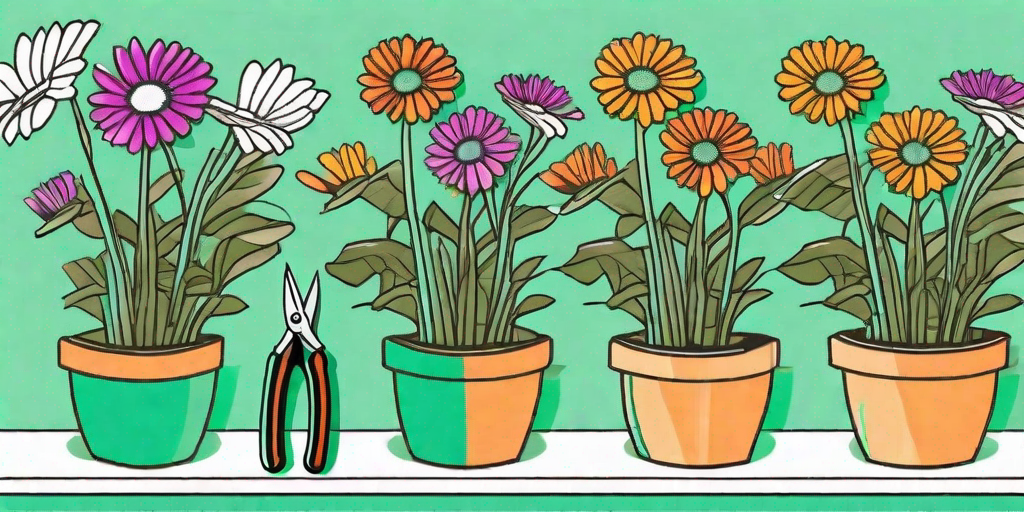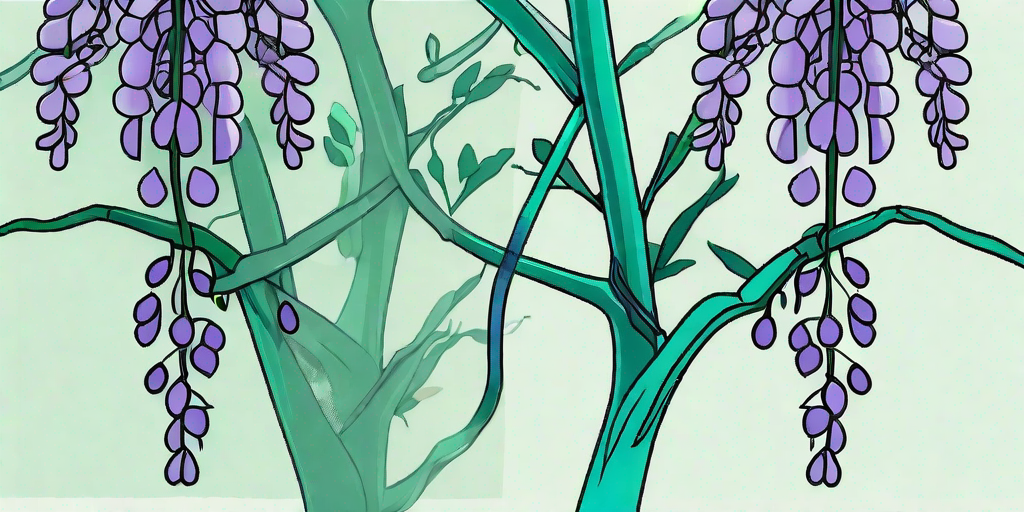
Welcome to the world of palm trees, where the sun always shines, the breeze is always tropical, and the shade is always just right. If you've ever considered adding a palm tree to your yard, you're in for a treat. Not only will it transform your outdoor space into a tropical paradise, but it also comes with a host of surprising benefits. So, let's dive into the shady business of palm trees and uncover the secrets they hold.
The Aesthetic Appeal of Palm Trees
Transforming Your Yard into a Tropical Paradise
There's no denying the transformative power of a palm tree. With its tall, slender trunk and lush, green fronds, it can instantly turn your yard into a tropical oasis. Imagine sipping a cocktail under the shade of your palm tree, the sound of the leaves rustling in the wind, and the feeling of sand between your toes. Okay, we might be getting carried away with the sand part, but you get the picture.
Whether you live in a city or the countryside, a palm tree can add a touch of the exotic to your landscape. It's like having a piece of the Caribbean or the South Pacific right in your backyard. And the best part? You don't need a passport or a plane ticket to enjoy it.
Boosting Your Property Value
Did you know that a well-landscaped yard can increase your property value by up to 12%? And guess what? Palm trees are considered a high-end landscape feature. So, not only will your yard look like a million bucks, but it might actually be worth a million bucks. Well, maybe not a million, but you get the idea.
Plus, if you ever decide to sell your property, a palm tree can be a unique selling point. After all, who wouldn't want to buy a house with its own tropical paradise?
The Environmental Benefits of Palm Trees
Cleaning the Air
Palm trees are not just pretty to look at; they're also hard at work cleaning the air. Like all plants, palm trees absorb carbon dioxide and release oxygen. But what sets them apart is their size. With their tall trunks and large fronds, they can absorb more carbon dioxide than smaller plants.
So, by having a palm tree in your yard, you're not only creating a beautiful outdoor space, but you're also doing your part to combat climate change. Now that's what we call a win-win situation.
Providing Shade and Reducing Energy Costs
Another environmental benefit of palm trees is their ability to provide shade. This can help reduce the temperature in your yard and even inside your house. As a result, you might find yourself using your air conditioning less often, which can lead to significant energy savings.
And let's not forget about the aesthetic benefits of shade. There's something incredibly relaxing about sitting under the shade of a palm tree, whether you're reading a book, having a picnic, or just enjoying the view.
How to Care for Your Palm Tree
Choosing the Right Palm Tree
Not all palm trees are created equal. Some are better suited for certain climates, while others require specific soil conditions. So, before you rush out to buy a palm tree, do your research. Consider factors like the tree's size, growth rate, and maintenance requirements.
For example, if you live in a colder climate, you might want to opt for a hardy palm tree like the windmill palm. On the other hand, if you live in a tropical or subtropical region, you have a wider range of options, including the iconic coconut palm.
Maintaining Your Palm Tree
Palm trees are generally low-maintenance, but they do require some care. This includes regular watering, especially during dry periods, and occasional pruning to remove dead or damaged fronds.
It's also important to keep an eye out for pests and diseases, which can harm your palm tree. If you notice any signs of trouble, such as yellowing leaves or stunted growth, consult with a professional arborist.
Frequently Asked Questions
Are palm trees easy to grow?
Yes, palm trees are relatively easy to grow, as long as you provide them with the right conditions. This includes plenty of sunlight, well-drained soil, and regular watering.
Can palm trees survive in cold climates?
Some palm trees can survive in cold climates, but they may require extra care, such as mulching and winter protection. Examples of cold-hardy palm trees include the windmill palm and the needle palm.
How often should I water my palm tree?
The frequency of watering depends on the type of palm tree and the climate. In general, palm trees prefer moist (but not waterlogged) soil. During hot, dry periods, you may need to water your palm tree more frequently.
Conclusion
So there you have it, the surprising benefits of having a palm tree in your yard. From boosting your property value to cleaning the air, palm trees are more than just a pretty face. They're hardworking, environmentally friendly, and a joy to have around. So, why not add a touch of the tropics to your yard? You won't regret it.
And remember, if anyone asks why you have a palm tree in your yard, just tell them it's all part of your shady business.















